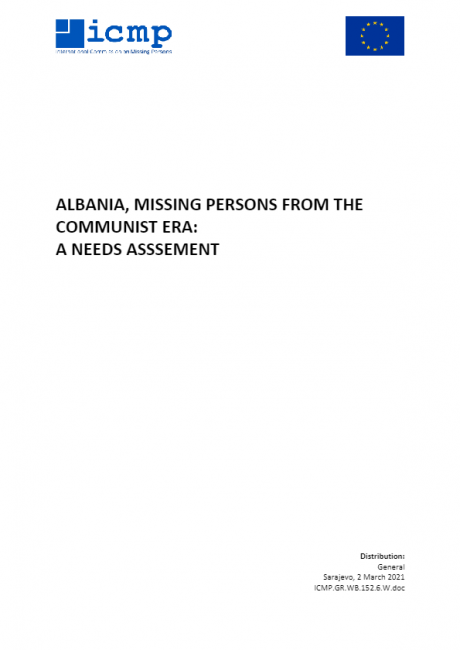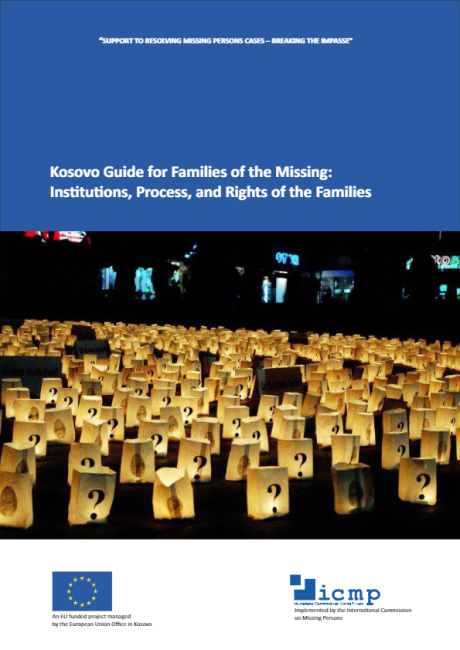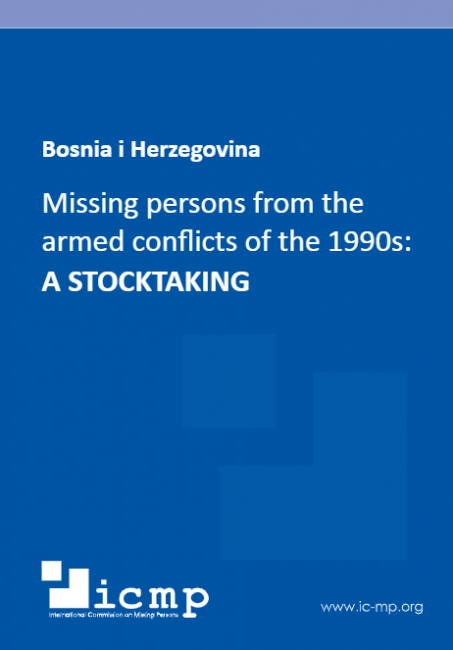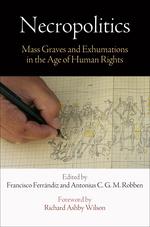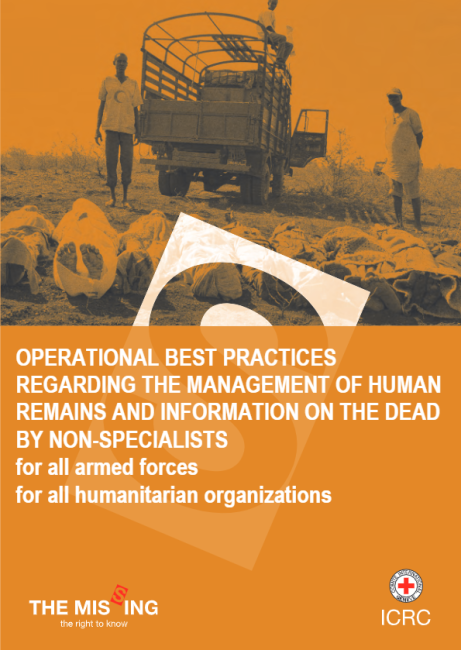Journal
Negotiating identity: reburial and commemoration of the civil war dead in southwestern Spain
Human Remains and Violence, Volume 1, No. 2 (2015), pp. 5-20
Author
Zahira Araguete-Toribio
Publication Year
2015
Region
Europe and Central Asia
Location
Extremadura
;
Spain
;
Europe and Central Asia
Thematic Area
Families
/
Forensics
Topic
Burial Site / Mass Grave
/
DNA Analysis
/
Identification
/
Memorialization
/
Recovery of remains / Excavation / Exhumation
/
Reparation
Access
Open access
This article considers how the reburial and commemoration of the human remains of the Republican defeated during the Spanish Civil War (1936–39) is affected by the social, scientific and political context in which the exhumations occur. Focusing on a particular case in the southwestern region of Extremadura, it considers how civil society groups administer reburial acts when a positive identification through DNA typing cannot be attained. In so doing, the article examines how disparate desires and memories come together in collective reburial of partially individuated human remains.
Share


